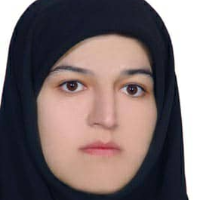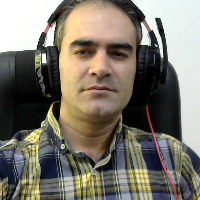Investigating the Role of Couples Personality Characteristics in Diagnostic Analysis of the Likelihood of Divorce
Author(s):
Article Type:
Research/Original Article (دارای رتبه معتبر)
Abstract:
The purpose of this study is to develop a divorce Diagnostic equation based on the characteristics of couples personality. The research population consists of couples applying for divorce and normal couples in Hamadan province in 1396. In this study, A total of 398 couples (796 people) were selected as the sample from two groups. Hexaco-60 questionnaires were used to collect data. In order to develop a diagnostic model for the groups, the diagnostic analysis was used. Based on the findings of the study, a total of twelve personality traits (six characteristics in men and six characteristics in women), female Emotionality, female Extraversion, female Agreeableness, male Agreeableness, male Conscientiousness and female Openness to Experience are necessary to distinguish between divorced and normal groups. Based on the results female Emotionality, Female extraversion, female Agreeableness, male Agreeableness ,male Conscientiousness, female Openness to Experience in the final diagnostic equation were introduced. . Also, the Canonical Correlation between couples personality characteristics and divorce rate was 414/0
Keywords:
Language:
Persian
Published:
Journal of Psychological Achievements, Volume:26 Issue: 1, 2019
Pages:
191 to 210
https://www.magiran.com/p2008103
سامانه نویسندگان
مقالات دیگری از این نویسنده (گان)
-
Investigating the Effect of Split Attention and Self-Regulation in Multimedia Learning Environments on Students' Learning and Perceived Cognitive Load
F. Kadkhodavand, A. Momeni Rad *
Technology of Education Journal, -
Investigating the relationship between epistemological beliefs, educational philosophies and teachers' technology integration in the classroom
Gholamreza Shafiei, *
Journal of research On Issues of Education, -
Critical Analysis on the Book “Theoretical Foundations of Educational Technology”
*, Seyed Abdolla Ghasemtabar,
Critical Studies in Texts & Programs of Juman Sciences,



